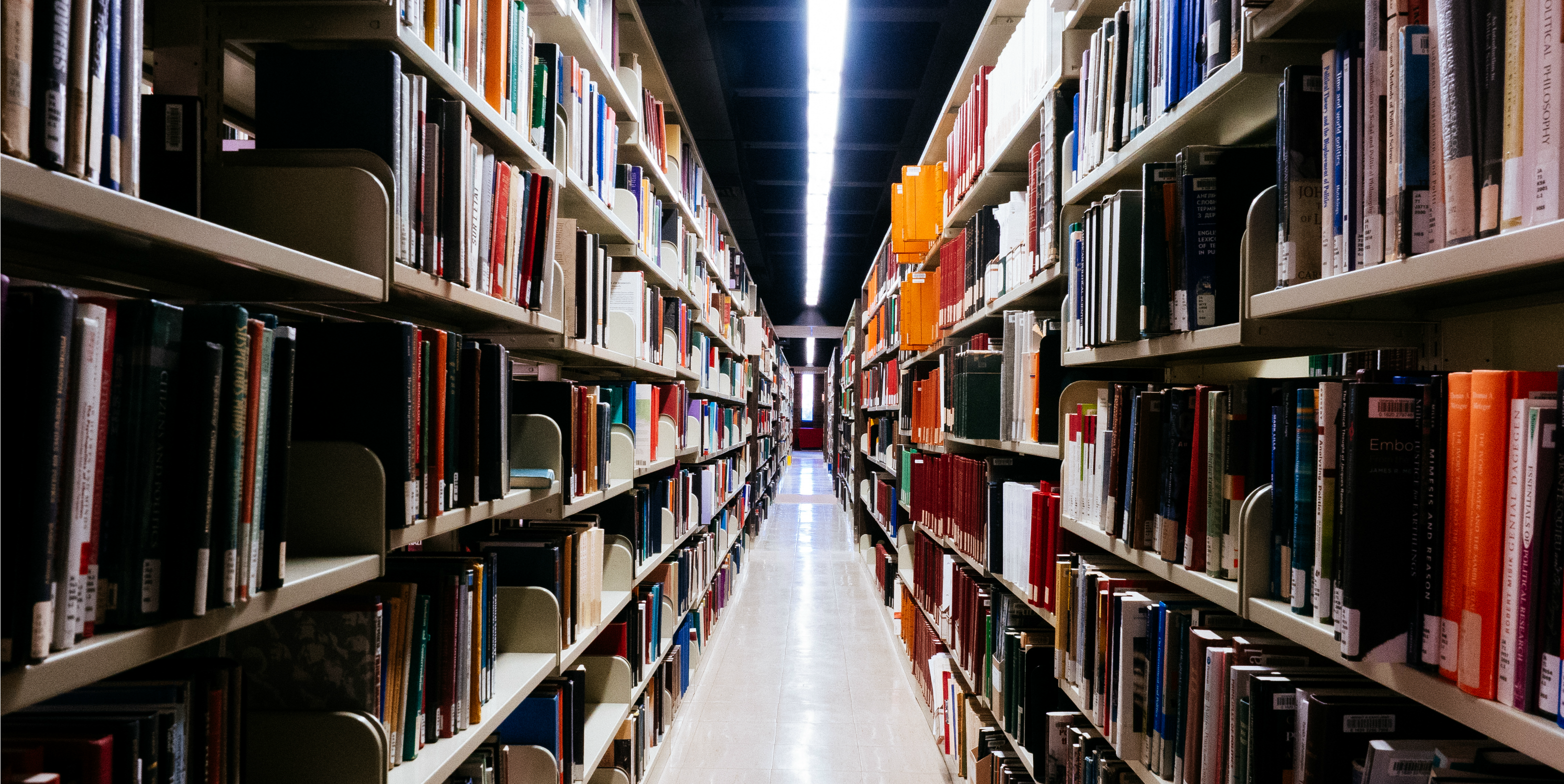
There is some overlap between copyright infringement and plagiarism, and this overlap can lead to confusion for students. While there are a number of similarities between the two, there are important differences as well. Understanding the similarities and differences between them may help you to avoid both of them.
What is copyright infringement?
In Canada, copyright is governed by the Copyright ActCopyright Act. Copyright applies to any “original literary, dramatic, musical and artistic work” (s.5(1)), and it allows the rights-holder to control or restrict the reproduction and distribution of a protected work for a defined period of time, subject to certain limitations. One of the central purposes of copyright protection is to ensure the creator of a work is appropriately recognized and properly compensated for the use of that work. Copyright is infringed when a protected work is used without the consent of the rightsholder and in a way that exceeds what is permitted under the Act.
What is plagiarism?
Plagiarism involves taking the work of another and trying to pass it off as your own. “Plagiarism” is not a criminal or civil offence, but it is an offence under the University of Alberta Code of Student BehaviourCode of Student Behaviour, under “Inappropriate Academic Behaviour,” where it is described as follows:
No Student shall submit the words, ideas, images or data of another person as the Student’s own in any academic writing, essay, thesis, project, assignment, presentation or poster in a course or program of study. (s.30.3.2(1))
It seems straightforward that work you have submitted for evaluation should be your own work, and submitting the work of another as your own work is clearly inappropriate. That is not to suggest that it is always easy to determine where the ideas of others end and your own ideas begin, but it is important to be transparent about the sources of the facts and ideas that are included in your work.
An act of plagiarism can be an act of copyright infringement
Much of the confusion regarding the connection between plagiarism and copyright infringement stems from the range of cases that qualify as both. If I am using the copyright-protected words or images of another person in my own work to an extent that exceeds what is permitted under the Copyright Act, and if I am passing off those words or images as my own, then I am committing both an act of plagiarism and an act of copyright infringement.
However, an act of plagiarism does not always involve copyright infringement
Some plagiarism is outside the scope of copyright. For example:
- Copyright protection has a fixed term and will ultimately expire. When copyright expires, that work becomes part of the public domain and therefore, in terms of copyright, that work can be freely used by anyone. However, even if a work is in the public domain, it can still be plagiarized if it is presented as a new and original work.
- The Copyright Act allows for the limited use of excerpts of copyright-protected works without permission, so incorporating a passage from another’s work may not infringe copyright. However, if that passage were presented as if it were your own original work, then it would count as plagiarism.
- Copyright protects the original expression of an idea rather than the idea itself, whereas plagiarism can apply to the appropriation of another’s idea. Similarly, there is generally no copyright in underlying data (although there can be copyright protection for the description, expression, or representation of that data) whereas plagiarism can apply to the use of another’s data.
Copyright infringement does not always involve plagiarism
Use of another person’s copyright-protected work within your own paper or thesis, even if the other person’s work is clearly attributed to that person, may still be an infringement of copyright if your use of that work exceeds what is permitted under the Copyright Act and no separate permission has been obtained from the rights-holder. Generally, this would not be a concern for work you do for a class that will have very limited distribution, but it can become a concern for works that are more broadly distributed or, like theses, that are made openly available on the internet.
Copyright infringement is a violation of the Code of Student BehaviourCode of Student Behaviour
Section 30.3.6(2)(a) states that “No Student shall engage in conduct that violates any … Federal statute or regulation…”, and this includes the Copyright Act. Such conduct can be subject to the disciplinary and appeals processes in the Code, “if the conduct has a real and substantial link to the University….” In other words, to the extent that you can distinguish between your “private life” and your “student life,” the more closely any offending conduct relates to your student life, the greater the link that conduct might have to, and therefore the greater the concern that conduct might be for, the University.
The Bottom Line
Observing good scholarly practice is the key to avoiding both plagiarism and copyright infringement. If you are using ideas, words, images, or data that are not your own original work, make it clear that you got them from another source and identify that source. If your work incorporates another’s content and your work is to be published, posted to the internet, or otherwise distributed widely, ensure that you have confirmed whether you need permission from the rights-holder for your use of that content.
Further Information
Some tips for avoiding plagiarism are available at the University of Alberta’s Academic Integrity web page on plagiarism.
For more information about copyright at the University of Alberta, check out the Copyright Office website, or email our help desk.
The Copyright Office is pleased to be participating in the Student Union’s “Be Book Smart Fair” on 13 September 2018.
Adrian Sheppard — Director, Copyright Office

Adrian has been the Director of the University of Alberta’s Copyright Office since April 2015. One role of the Copyright Office is to educate and inform U of A students, faculty and staff on issues related to copyright. Adrian has an LL.B. from the University of Victoria.
Note: This post is intended to provide information and perspective about copyright issues, but should not be considered as legal advice.